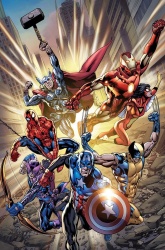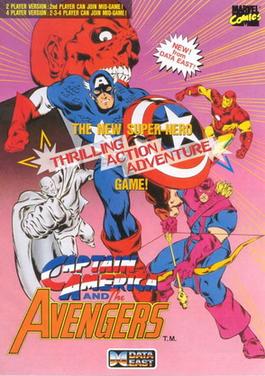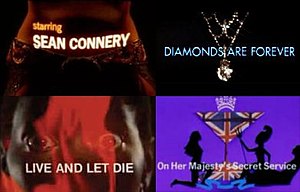 |
| Sorry, Groot. Your scene was too short. |
As I mentioned before, I was interested in father-son relationships in Guardians of the Galaxy Vol. 2. That meant that my critical approach was men's studies, but the page on that in the packet we were given didn't really get into this kind of a relationship. I talked to the prof, and she said to look at the first thing on the sheet, which was "What does this film say a man can or should be?" Armed with that, I watched the scene I had chosen to ask that question.
I immediately realized that I needed a new scene.
to be continued













